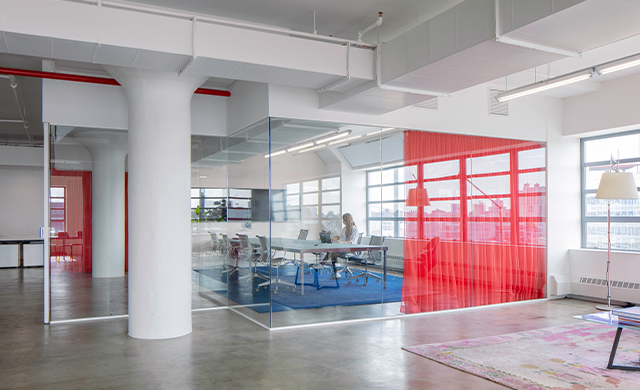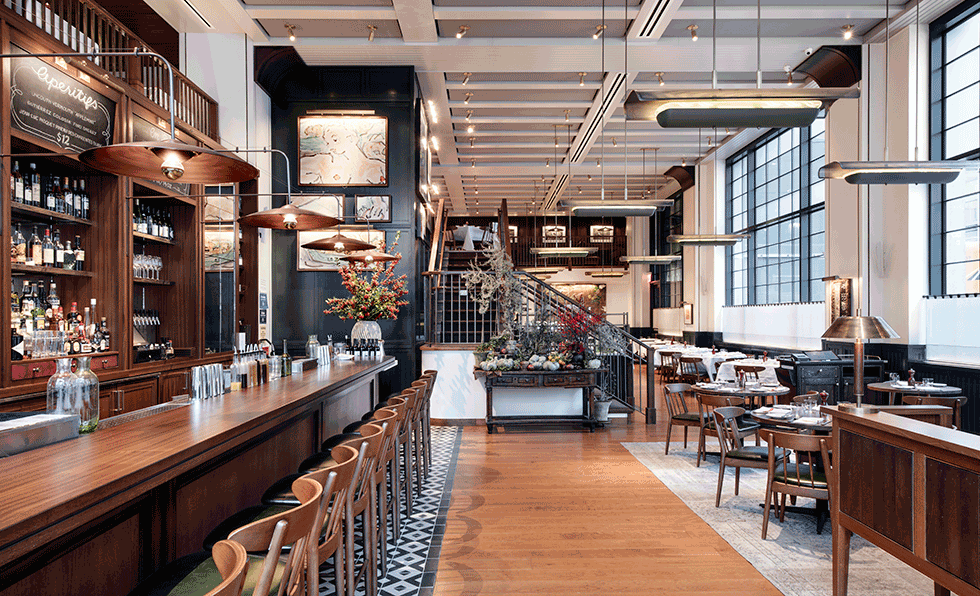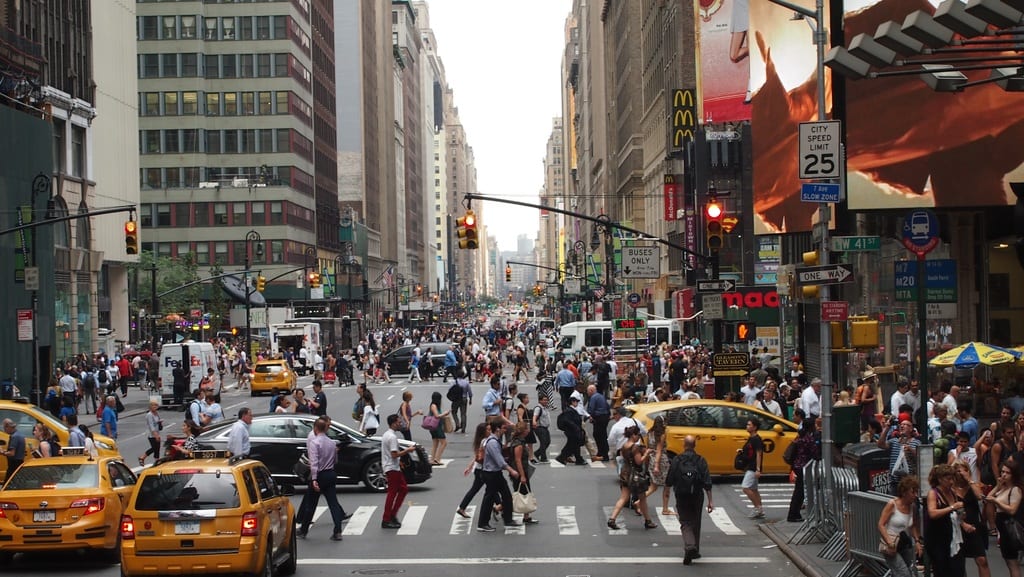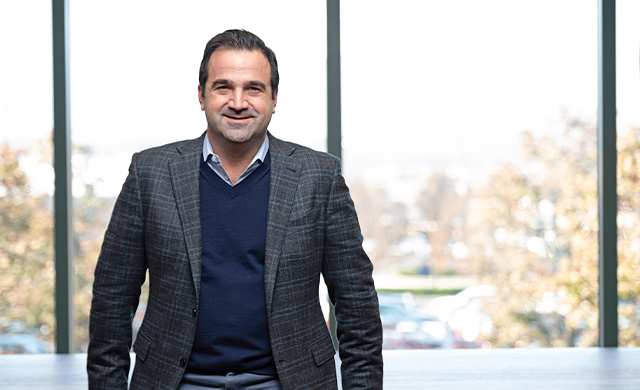The New York Times wonders what New York without cars would look like, West Elm takes the 15 Percent Pledge to increase design collaborations with Black makers, and restaurants contemplate a no-tipping future. All this and more in this week’s Five on Friday.
Is this the end of office culture?

Stanford University economics professor Nicholas Bloom revealed telling insights from recent studies on working from home. Findings indicate that although people are currently 13 percent more productive in a work-from-home environment, creativity suffers due to a lack of stimulation that comes from being an office—remember those? An end to our home-work fusion is inevitable, but what we may lose along the way is hardly insignificant. Chicago-based environmental and design psychologist Sally Augustin echoes Bloom’s findings, indicating the natural draw toward collaboration in an office is currently lost. Architectural Digest reports that the loss of spontaneous interaction means a loss of inspiration. Remote work can even fuel paranoia within working relationships and a dwindling company identity.
West Elm takes the 15 Percent Pledge

Furniture and lifestyle brand West Elm has become the latest company to undertake the 15 Percent Pledge. The pledge, which was launched by Brother Vellies founder Aurora James, tasks companies to stock at least 15 percent of their shelves with Black-owned brands. Since its inception on James’ Instagram on May 29th, major retailers, including Whole Foods, Sephora, and Target have signed on to support the initiative, which draws its name from the 15 percent of the U.S. population represented by Black Americans. According to Elle Décor, West Elm will increase design collaborations with Black designers and artisans as well as Black-owned businesses; increase the share of Black markers and small businesses within West Elm Local; and increase the share of Black employees within its corporate workforce.
Here’s a tip: Raise foodservice wages

As restaurants adapt to a new normal, the debate on tipping has been put on the back-burner—at least for now. According to the nonprofit One Fair Wage, tips are down for service workers nationwide by a 75 to 90 percent. Marketplace.org reports that hourly wages are beginning to increase in an effort to combat low tipping and also to incentivize restaurant workers to return to business. Such models are being adopted in small- and medium-sized restaurants in larger cities. Dining staples in New York, like the Crown Heights café Hunky Dory, have eliminated tipping altogether. According to Eater NY, tipping not only fueled pay disparities between front-of-the-house and back-of-the-house employees, but also was rooted in racial profiling and sexism. A no-tip model was previously adopted in recent years by Union Square Hospitality Group to some success.
Let’s ponder a New York without cars

The 23-square-mile island of Manhattan devotes so much of its footprint to cars—garages, street parking, roadways—that it encompasses a swath of land four times larger than Central Park. Farhad Manjoo argues in a New York Times column that a carless future may not only be advantageous, but inevitable.
In addition to environmental benefits, a substantial drop in pedestrian deaths and vehicle collisions were reported during recent lockdown periods in New York and California, respectively. Bicycle sales have soared alongside the return of skateboarding and even rollerblading as means of transportation. And although woes of public transit pervade many major cities worldwide, data remains inconclusive about the spread of the COVID-19 aboard trains and buses in which travelers are properly masked.
Manjoo points out that the elimination of street parking would relieve city sidewalks of trash pileups and allow for increased refuse receptacles and bike lanes through New York. Moreover, the creation of large pedestrian corridors on former motorways could yield relief and peace of mind as we continue to navigate the pandemic.
Hotel owners and CEOs talk recovery

In HD’s June issue, industry leaders shared outlooks for what travelers and hotel employees can expect as we navigate the COVID-19 pandemic. Standard Hotels CEO Amar Lalvani said that although financial losses have been staggering, he hopes an appreciation for authenticity and simplicity will be nurtured when travel returns. Allison Reid, who serves as chief development officer for Kimpton, also indicated the importance of guest feedback as a means of establishing new guidelines for safety and comfort, while Host Hotels & Resorts vice president of design and procurement Helen Jorgensen hopes for a greater emphasis on sustainability.



